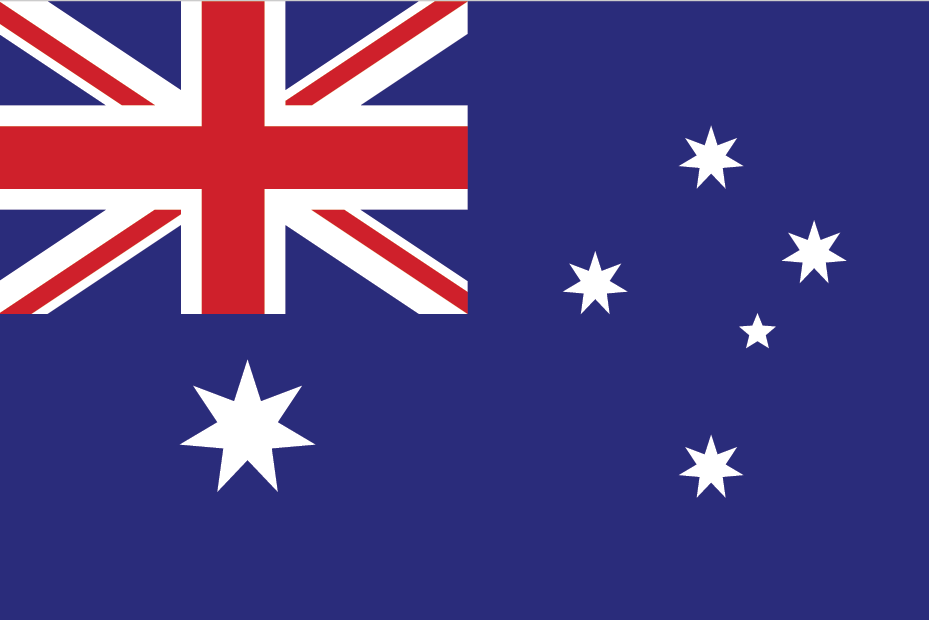
Sustainability Efforts
Country: Australia
Explore sustainability efforts in Australia. The United States Environmental Protection Agency (“EPA”) said it well when they state:
“Sustainability is based on a simple principle: Everything that we need for our survival and well-being depends, either directly or indirectly, on our natural environment. To pursue sustainability is to create and maintain the conditions under which humans and nature can exist in productive harmony to support present and future generations.”
About Australia
Australia, a vast and diverse continent, is a land of awe-inspiring beauty and unique wildlife. From the iconic Sydney Opera House to the ancient wonders of Uluru, it offers a mesmerizing blend of cosmopolitan cities, stunning beaches, and breathtaking landscapes. The Great Barrier Reef, a UNESCO World Heritage site, lures divers and snorkelers to explore its vibrant underwater world. Australia’s rugged Outback showcases the raw beauty of the Red Centre and the stunning rock formations of the Kimberley. Its coastal regions, like the Great Ocean Road and the Whitsunday Islands, offer pristine beaches and unforgettable sunsets. The country’s diverse flora and fauna, from kangaroos and koalas to the elusive platypus, captivate nature enthusiasts. Australia’s laid-back lifestyle, friendly locals, and thriving arts and culinary scenes add to its allure. With a spirit of adventure and endless possibilities for exploration, Australia invites travelers to experience its extraordinary wonders and create lifelong memories. Sustainability efforts in Australia will enhance the country’s future.
Sustainability Efforts
Toggle each button below to “open” and “close” the presented data.

Poverty: Australia has implemented various social welfare programs and initiatives to combat poverty. As of 2021, the poverty rate in Australia was estimated to be around 9.6%.

Hunger: Australia has a relatively low prevalence of hunger compared to many other countries. The government supports food relief programs and initiatives to address food insecurity and hunger among vulnerable populations.

Healthcare: Australia has a universal healthcare system known as Medicare. The government invests in healthcare infrastructure, research, and public health initiatives to ensure access to quality healthcare for its citizens.

Education: Education is a priority in Australia. The country has a robust education system with high literacy rates and a focus on quality education. The government invests in educational resources, teacher training, and programs to ensure access to education for all.

Gender equality: Australia is committed to promoting gender equality. The country has enacted legislation to address gender-based discrimination, promote women's participation in the workforce, and eliminate gender pay gaps.

Clean water and sanitation: Australia has well-established systems for clean water supply and sanitation. The government regulates water quality, invests in water infrastructure, and promotes water conservation practices.

Affordable clean energy: Australia is actively working to transition to clean and renewable energy sources. The country has significant renewable energy potential and has made investments in solar, wind, and other renewable energy projects.

Economic growth: Australia has experienced sustained economic growth over the years. The government implements policies to stimulate economic growth, attract investment, and diversify the economy.

Industry innovation: Australia encourages industry innovation through research and development grants, tax incentives, and collaboration between industry and academia. The government supports initiatives to foster innovation and drive technological advancements.

Reduced inequalities: Australia aims to reduce inequalities by addressing income disparities, promoting social inclusion, and implementing targeted policies to support disadvantaged groups, including Indigenous communities.

Sustainable cities: Australia focuses on sustainable urban development. Initiatives include urban planning for efficient land use, investment in public transportation, green infrastructure, and renewable energy integration in cities.

Responsible consumption and production: Australia promotes responsible consumption and production through waste management programs, recycling initiatives, and awareness campaigns on sustainable consumption patterns.

Climate action: Australia is committed to climate action and reducing greenhouse gas emissions. The country has set renewable energy targets, implements policies to address climate change impacts, and participates in international climate agreements.

Aquatic environment: Australia recognizes the importance of preserving its aquatic environment. The government implements marine conservation measures, protects marine ecosystems, and manages fisheries sustainably.

Nature environment: Australia has diverse ecosystems and places high importance on protecting its nature environment. The government establishes national parks, supports conservation initiatives, and invests in biodiversity preservation.

Peace and justice institutions: Australia has established peace and justice institutions to ensure the rule of law. The country has an independent judiciary, law enforcement agencies, and a robust legal framework to maintain peace and justice.

Partnerships for the goals: Australia actively engages in partnerships to achieve the Sustainable Development Goals. The government collaborates with international organizations, NGOs, and the private sector to address global challenges and promote sustainable development.



